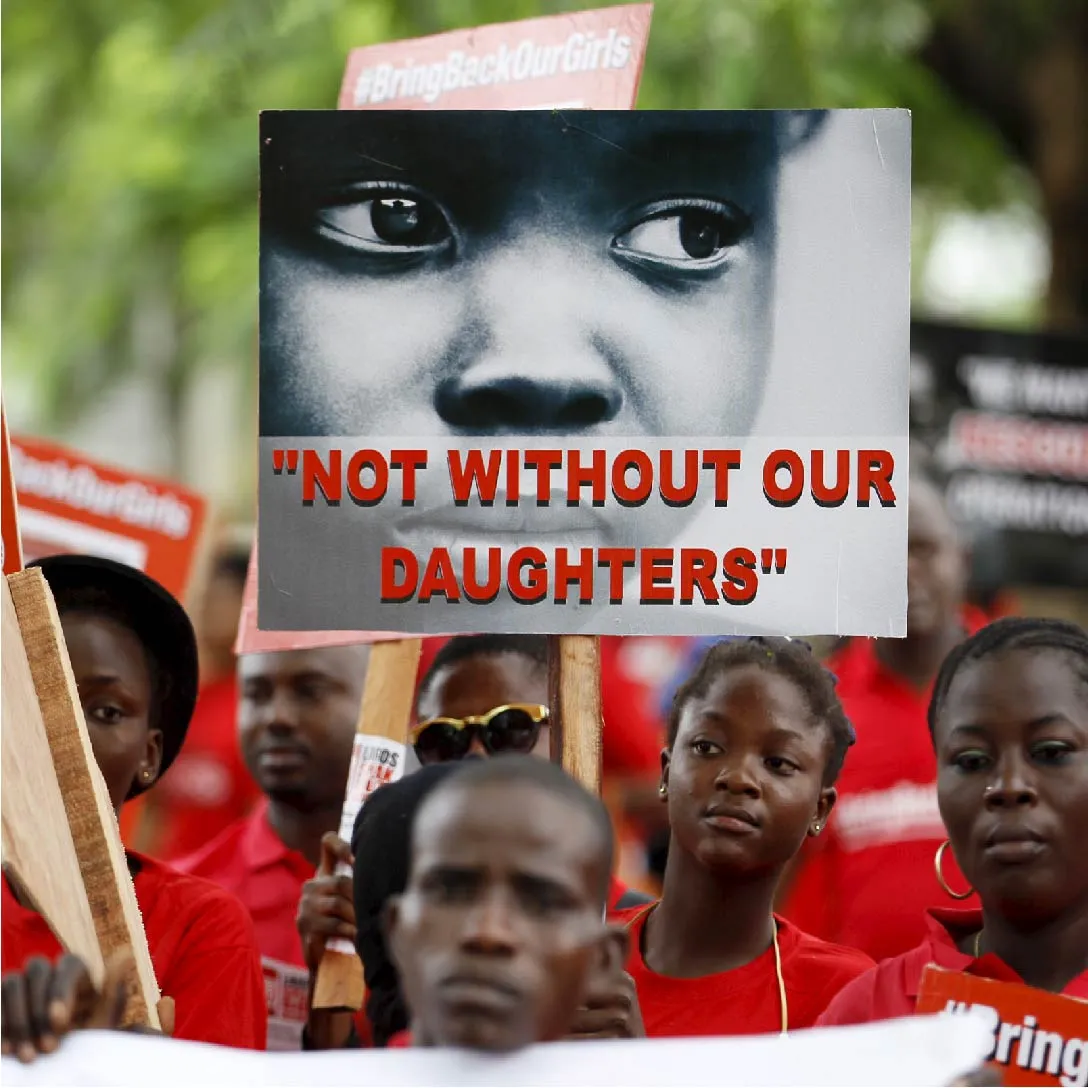Educator Overview
Case Overview
Set in February, 2017. Radical Islamist movement Boko Haram is waging an insurgency in northeast Nigeria estimated to have killed at least twenty thousand people in recent years. The insurgency threatens the stability of Nigeria, a major oil producer and Africa’s most populous country. Nigerian security forces have made some progress against Boko Haram, but humanitarian and media organizations have reported extensive human rights abuses by these forces, including the killing of civilians. Nigeria’s president has requested that the United States sell heavy military equipment to the country. However, a U.S. law, called the Leahy Amendment, prohibits military assistance to foreign militaries credibly accused of human rights abuses unless the foreign government takes action—something Nigeria’s government has yet to do. National Security Council (NSC) members need to advise the president on whether to authorize the sale despite legal and human rights concerns.
Decision Point
Despite Nigeria’s military abuses, in 2016, the United States considered selling 12 Super Tucano planes—light aircraft used for surveillance—to Nigeria. However, on January 17, 2017, the same day the Obama administration planned to notify Congress of the aircraft sale to Nigeria, the Nigerian air force accidentally bombed a refugee camp killing more than 100 people. As a result, in one of his last decisions as U.S. President, Obama stalled the sale of the aircraft to Nigeria. On February 15th, during a telephone call with President Buhari, President Donald Trump indicated that he would take another look at the proposed sale.
The National Security Council (NSC) is meeting to discuss the sale. NSC members need to decide whether Nigeria’s economic and strategic importance to the United States overrides legal and ethical concerns about ongoing human rights abuses. Specifically, the NSC should decide whether to advise the new president to recommit to the sale of the aircraft and/or to consider other forms of military aid in the future. The NSC should also consider whether the prospect of a closer bilateral military relationship could incentivize Nigeria to investigate claims of human rights abuses and take necessary steps to end them.
Learning Goals
CFR Education simulations use a variety of pedagogical tools to create an effective, meaningful, and memorable learning experience for students that builds their global literacy. Students will develop crucial skills such as critical thinking, communication, collaboration, and creativity. Students will complete authentic assessments that feel relevant: instead of five-paragraph essays and book reports, students will write policy memos and participate in a role-play of a meeting of a foreign policy–making body. There are no right or wrong answers in actual policy deliberations, and there are none here, either; students will walk away from this experience with an appreciation for the complexity of policy questions.
In this simulation, students will learn about the National Security Council, as well as meeting these learning outcomes specific to this simulation:
- Students will understand the threat Boko Haram poses to Nigeria, the surrounding region, and international peace and security.
- Students will consider whether to provide United States support to the Nigerian government in light of legal and ethical concerns about ongoing human rights violations.
- Students will evaluate options for providing U.S. authorization for heavy weaponry in a manner that adheres to the Leahy Amendment.
Concepts and Issues
Concepts
- Human rights
- Insurgency
- Oil and other natural resources
- Terrorism and counterterrorism
- U.S. military assistance and sales
Issues
- U.S.-Nigeria relations
- Leahy Amendment
- Nigerian political and religious dynamics
- Security sector reform
- U.S. promotion of human rights, democratization, and the rule of law
- Regional security in West Africa
